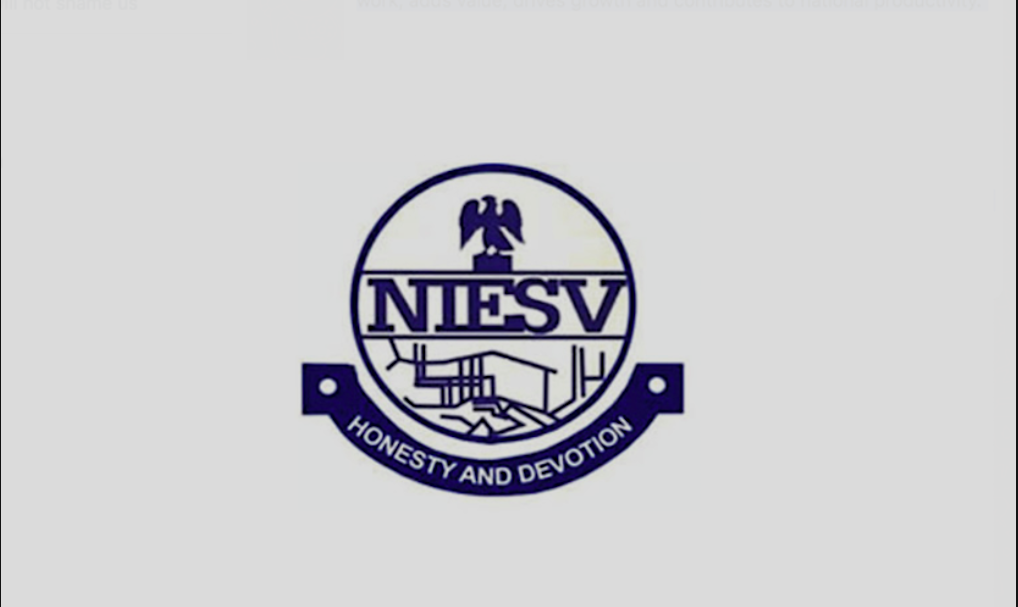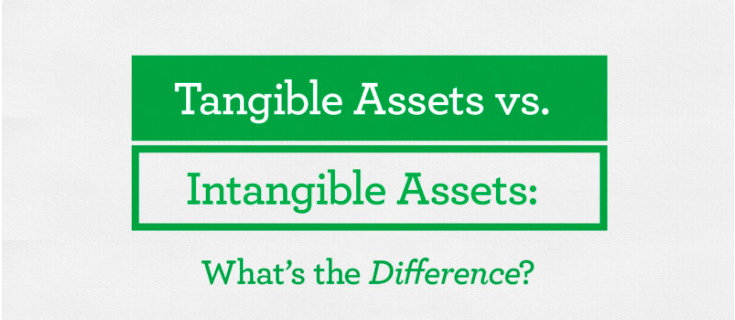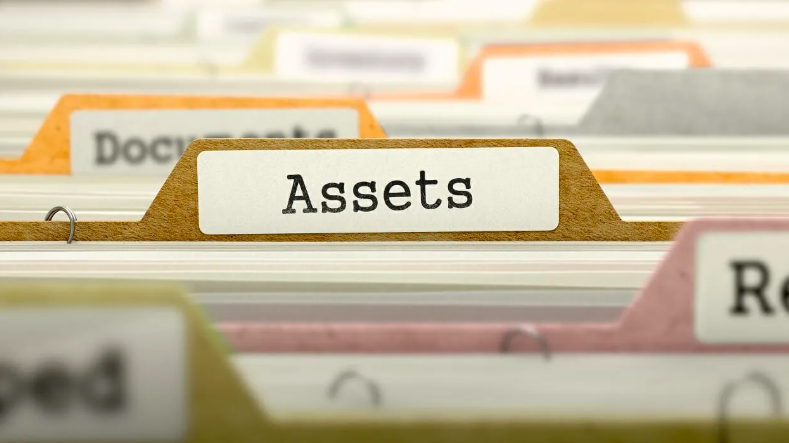
The Role of Registered Valuers in Nigeria’s Real Estate Sector
In Nigeria's evolving real estate industry, Registered Estate Surveyors and Valuers (RESVs) play a central and irreplaceable role in ensuring professionalism, accuracy, and transparency in property valuation and transactions. Their work supports informed decision-making, protects public interest, and promotes the integrity of the real estate market.
This article outlines who registered valuers are, what they do, and why their role is essential in Nigeria’s property landscape.
Who Is a Registered Valuer in Nigeria?
A registered valuer in Nigeria is a qualified and licensed professional who is accredited by the Estate Surveyors and Valuers Registration Board of Nigeria (ESVARBON) to carry out property valuation and related services.
To become registered, one must:
Obtain a relevant academic qualification (such as a B.Sc. or HND in Estate Management),
Undergo professional training and internship,
Pass the qualifying exams of the Nigerian Institution of Estate Surveyors and Valuers (NIESV),
Be officially registered with ESVARBON.
Key Roles of Registered Valuers
1. Valuation of Properties for Various Purposes
Registered valuers determine the accurate market value of properties for:
Buying or selling decisions,
Mortgage financing,
Insurance coverage,
Tax assessments,
Mergers and acquisitions,
Rental decisions,
Compensation for compulsory acquisition.
Their valuations are based on approved methods and backed by professional judgment and ethical standards.
2. Providing Independent, Objective Advice
Unlike agents or brokers who may have a stake in a transaction, registered valuers provide independent, unbiased assessments. This impartiality builds trust among:
Buyers and sellers,
Banks and financial institutions,
Government bodies,
Courts of law (in disputes or litigation).
3. Supporting Government and Institutional Decisions
Government agencies rely on registered valuers to:
Assess fair compensation in land acquisition or resettlement,
Value state-owned assets for sale or lease,
Assist in taxation and revenue generation through property tax assessments.
Their work ensures accountability in the use of public resources.
4. Ensuring Professional Standards and Ethical Practice
Registered valuers in Nigeria are bound by a code of conduct and professional standards established by:
NIESV,
ESVARBON,
International Valuation Standards (IVS).
This ensures that valuation reports are credible, defendable, and meet global expectations.
5. Protecting Investors and Property Owners
Accurate valuation helps:
Prevent overpricing or underpricing of properties,
Reduce investment risks,
Provide assurance in lending and borrowing decisions.
Whether it's a private buyer or a corporate investor, relying on a certified valuation report safeguards their financial interests.
6. Promoting Transparency and Reducing Fraud
In a market susceptible to title issues, inflated claims, and land speculation, registered valuers serve as gatekeepers. Their regulated status discourages shady practices and adds credibility to real estate documentation and processes.
Conclusion
Registered valuers are more than just property assessors — they are critical enablers of integrity, efficiency, and growth in Nigeria’s real estate sector. Their involvement ensures that land and property are treated as serious economic assets, evaluated with rigor, and handled with professionalism.
As Nigeria’s property market grows, the services of registered valuers will remain indispensable to sustainable development and investor confidence.

 April 29, 2025
April 29, 2025



